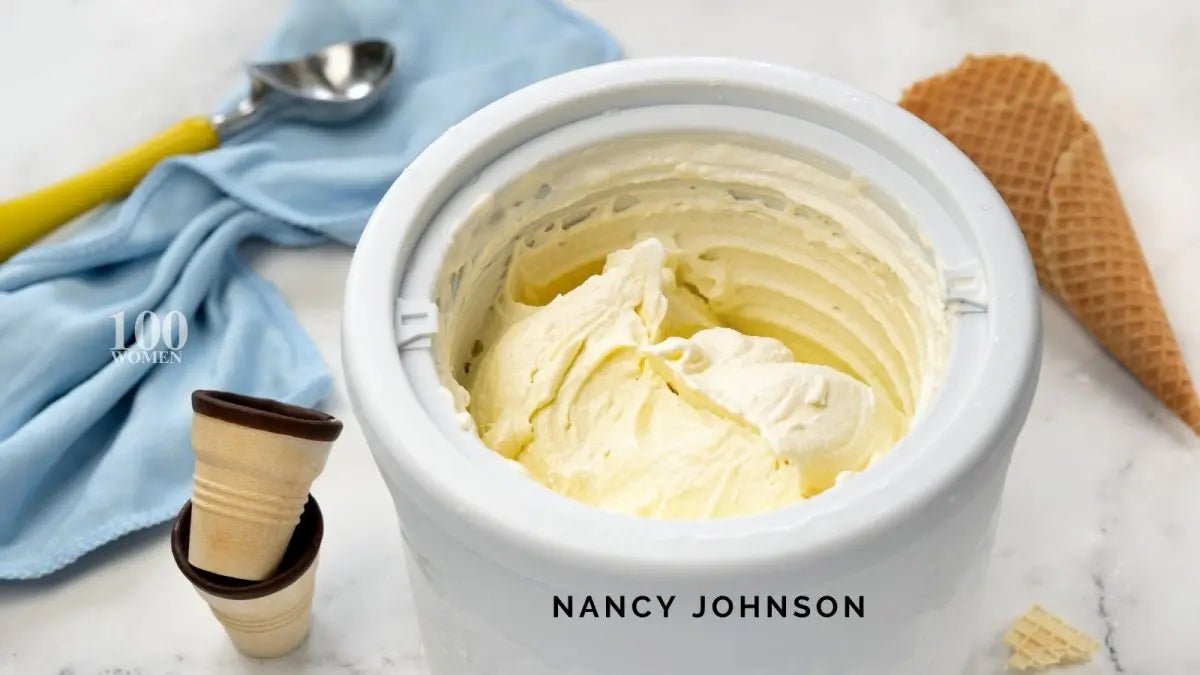-2.jpg)
If you've ever caught your cat licking, chewing, or munching on something suspicious, you probably know the cold wash of panic that follows. One moment they’re sniffing a plant, the next you’re Googling symptoms of toxicity and wondering if you’ve got a feline emergency on your hands. Cats are naturally curious—and unfortunately, their curiosity can sometimes get them into trouble. When mild poisoning is suspected, many well-meaning pet parents turn to kitchen remedies like coconut water or raw egg. But do these household items really help, or could they make things worse?
Let’s have an honest, calming chat about what actually works, what doesn’t, and how best to help your beloved feline if they’ve gotten into something they shouldn’t have.
What Does “Mild Poisoning” in Cats Look Like?
The word “poisoning” tends to sound dramatic, but mild poisoning in cats is actually fairly common. It can occur if your cat ingests small amounts of toxic substances—things like certain houseplants (especially lilies), essential oils, cleaning sprays, human medications, or foods like chocolate, garlic, or onions. The symptoms can vary depending on what and how much they’ve ingested, but you may notice vomiting, diarrhoea, drooling, lethargy, or a sudden lack of interest in food. While not immediately life-threatening, these signs mean your cat's body is working hard to rid itself of a toxin, and they still need help—fast.
Is Coconut Water a Safe or Effective Remedy?
Coconut water has gained a bit of a reputation in the pet community as a “natural rehydration” option. After all, it’s packed with electrolytes like potassium and magnesium, and in the human world, it’s often consumed after workouts or during illness to replenish lost fluids. However, cats aren’t little humans—and what works for us doesn’t always work for them.
While a very small amount of coconut water might offer some hydration support, it isn’t without risk. Cats’ bodies are extremely sensitive to potassium levels, and too much of it can throw off their electrolyte balance, potentially worsening the problem. The natural sugars found in coconut water can also upset your cat’s stomach further, especially if they’re already vomiting or experiencing diarrhoea. It’s not toxic per se, but it’s not a reliable or recommended treatment for poisoning either.
What About Giving Them an Egg?
Another folk remedy that tends to pop up is raw egg, with some believing it can act as a binder for toxins or “coat” the stomach. Unfortunately, this is more myth than science.
Raw eggs come with risks of their own, including the possibility of salmonella—which cats can contract, just like humans. There’s also a protein in raw egg whites called avidin, which interferes with a cat’s ability to absorb biotin, a B vitamin essential for healthy skin and coat. Over time, this can cause real health issues.
Now, if the egg is cooked and served in a small amount, it’s not harmful. In fact, plain, cooked egg can be a good source of protein for a cat recovering from illness or after they've been cleared by the vet. But during the actual poisoning episode, giving an egg—raw or cooked—won’t do anything to counteract the effects of the toxin. It may simply place extra strain on your cat’s digestive system.
So, What Actually Does Help?
If you suspect your cat has ingested something mildly toxic and can’t get to a vet immediately, there are a few ways to support them in the meantime—though none should replace professional advice. Encouraging your cat to drink clean, fresh water is one of the simplest and safest things you can do. Hydration helps the body flush out unwanted substances, and a pet water fountain can help entice them if they’re reluctant to drink from a bowl.
In some cases, and only under veterinary guidance, activated charcoal may be administered to help absorb the toxin and prevent further absorption into the bloodstream. But this must be done carefully—never give your cat activated charcoal unless a vet specifically tells you to, as it’s not suitable for all poisons and can be dangerous if used incorrectly.
If your cat refuses to drink water but isn’t vomiting, your vet may suggest using a syringe to gently give them small amounts of water or a pet-safe electrolyte solution. This too should only be done with veterinary approval, as forcing fluids into a vomiting cat can lead to aspiration, which is even more serious.
The key takeaway here is this: the sooner you contact your vet or a poison control centre, the better the outcome is likely to be. They’ll be able to advise you specifically based on what your cat ate, how much, and how long ago. Don’t guess. Get guidance.
And What Should You Definitely Not Do?
There are some outdated or flat-out dangerous ideas still floating around the internet about how to “treat” poisoning in cats at home. Giving them milk is one of them. While it might feel nurturing, most adult cats are lactose intolerant, and milk can worsen vomiting or diarrhoea. Oils, such as olive or castor oil, are sometimes suggested to help “move things through” the digestive system—but this can cause further dehydration and abdominal discomfort.
Some owners try to induce vomiting by giving salt water. Please don’t. This is not only ineffective, it can be dangerous and cause salt poisoning. Essential oils or herbal tinctures, even those marketed as “safe for pets,” should also be avoided unless approved by your vet. Cats are extremely sensitive to many natural compounds, and their livers metabolise substances differently than ours.
Perhaps the most dangerous thing you can do is nothing—hoping it will just pass. Cats are stoic creatures and often hide their discomfort. By the time they show serious symptoms, their condition may have progressed too far. Mild poisoning may look like it’s resolving, but internal damage can still be happening beneath the surface.
Do You Still Need a Vet If Your Cat Seems Fine Now?
Absolutely. Just because your cat has perked up doesn’t mean they’re out of the woods. Some toxins cause delayed reactions or damage that builds over time. Even if they’re eating again or playing with their favourite toy, it’s always best to have them checked over. Your vet might want to run bloodwork or monitor organ function to be sure everything is truly okay.
When it comes to poisoning, it’s easy to feel helpless or guilty—especially if your cat got into something you didn’t even know was toxic. But you’re not alone, and you’re not expected to have all the answers. What matters most is that you act quickly, keep calm, and lean on the professionals who can guide you through.
Coconut water and eggs are often suggested with good intentions, but unfortunately, they’re not cures—and in some cases, they can make things worse. When it comes to feline health, there’s really no substitute for expert veterinary care.
So give your fur baby a gentle cuddle (if they’re up for it), stay observant, and when in doubt, make the call. Your cat doesn’t need a superfood—they just need you to be their safe place in a moment of uncertainty.
.jpg)

.jpg)
.jpg)

.jpg)
.jpg)
.jpg)
.jpg)
.jpg)

.jpg)
.jpg)

.jpg)